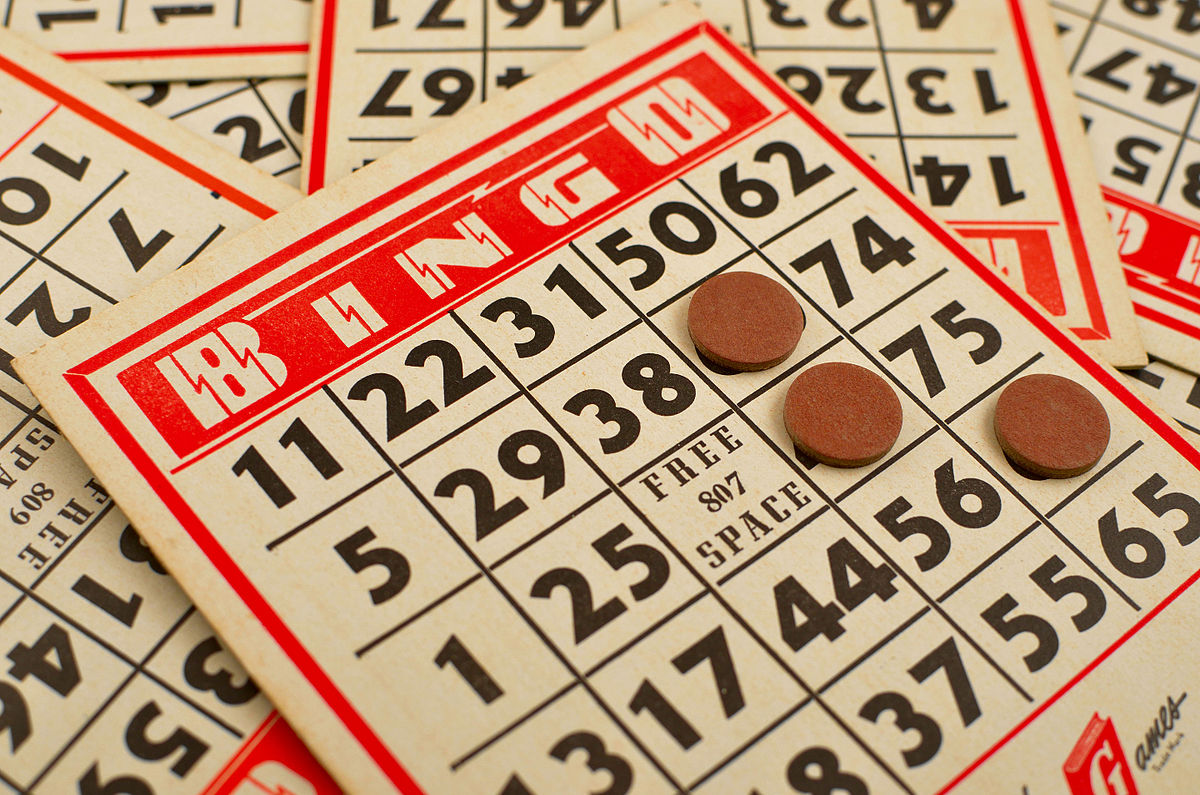Welcome back, folks! It’s time for another episode of “Buzzword Bingo”!
To recap, in our last episode, our contestants made “onboarding” a popular alternative to “hiring.” Previous contestants won with “metrics” and “optics,” and earlier shows featured “price points” and “granular.”
A lot of you have been inboxing us with the ask for some more buzzworthy terms. So we did the big reveal.
Well, thanks for playing, and get home safely. G’night!
Wait. We’re getting inboxed a lot by viewers with the ask: “What was the big reveal?”
That was it. “Inbox,” “ask,” and “reveal.”
Those are all words that are being loaned to other parts of speech, and are candidates for Buzzword Bingo.
Of all those words, “inbox” is the most recent entry into English in any form, first recorded in 1958 in the United States, according to the Oxford English Dictionary. It began as a noun for the office tray in which incoming correspondence was placed, but, given our “paperless society,” it now means any electronic repository for messages. (Some dictionaries prefer the spelling “in-box,” but the unhyphenated version is preferred by The Associated Press and most other style guides.)
The noun quickly became an adjective, but now it’s catching on as a verb. “Inbox me” has the benefit of not limiting the communication platform: You can “inbox” someone via text, email, Facebook, Snapchat, or any other method. And while it sounds like something young people would embrace, three 16-year-olds professed to have never heard the expression. Its popularity seems limited to the business world.
Using “inbox” as a verb is considered “informal” by Oxford’s Living Dictionary site, and it’s jargony and unfamiliar enough to be avoided, for now. It wasn’t too long ago that “contact” as a verb was considered loose usage. Yet it sounds better than “inbox” as a verb.
“Asks” as a plural noun is in The American Heritage Dictionary, which calls it informal for “the act of making a request.” But it’s actually been around for more than 1,000 years: The OED traces it to Old English, originally used in a legal sense for an inquisition or inquiry into the return of stolen property. Around 1275, the OED says, it began to be used for a request, though it says that usage is now obsolete except in the sense of a bidding request in whist, bridge, or commodity trading.
The more recent appearances of “ask” as a colloquial noun trace to 1987 in Australia, the OED says: “With modifying word or phrase of size, as a big (also huge, etc.) ask. Something which is a lot to ask of someone; something difficult to achieve or surmount.”
Charities make “the ask” of philanthropists; bachelors on reality shows make “the ask” of women they want to marry; journalists should not make “the ask” without knowing what they’re asking of their audience.
Sometimes, once you get “the ask” you wanted, you can plan for “the reveal” of whatever you wanted to use that “ask” for. More often, “the reveal” is part of a plot line, a twist that turns the plot in a new direction by adding information previously withheld from the audience. As the TV Tropes website notes, “A lot of mystery stories wouldn’t work without either the criminal or the detective explaining how the crime was committed, and a lot of other plots would leave people with more questions than answers if they never bothered to explain the plot to other characters… and by extension, the viewers.” Game of Thrones websites and discussions are often full of “reveals.”
But “the reveal” has been popping up at parties disclosing the sex of babies; at announcements of new football uniforms; at the disclosure of who’s getting athletic scholarships.
As a noun, “reveal” also has some age to it. The OED traces it 1596, but notes it is “rare after 17th cent.” It says the first modern usage of “the reveal” was in 1952, when Allen Funt of Candid Camera fame used it in a book describing his technique of hiding microphones or cameras and playing pranks on unsuspecting people. “The reveal” was when he disclosed that the person’s antics had been recorded.
The noun versions of “ask” and “reveal” both emphasize the acts of asking or revealing, and are less concerned with the content of “the ask” and “the reveal.” Formulating “the ask” focuses on the request more than on its results; “the reveal” is about dropping the curtain more than it is about the statue the curtain has hidden. While those usages may be useful in some contexts, most audiences are unused to seeing “ask” and “reveal” playing unfamiliar roles, and so they can be confused.
Instead of “the ask,” one could simply use “request.” In place of “the reveal,” “revelation” or “disclosure” or any number of synonyms could suffice.
People repurpose words when they can’t find the right one. For journalists tempted to jump on the verbification or nounification wagon too soon, take a deep breath, “ask” your dictionary to “reveal” some synonyms, and wait for the results to show up in your “inbox.”
Merrill Perlman managed copy desks across the newsroom at the New York Times, where she worked for twenty-five years. Follow her on Twitter at @meperl.

